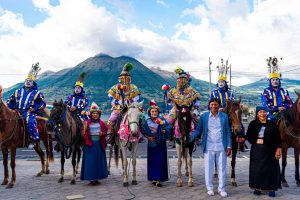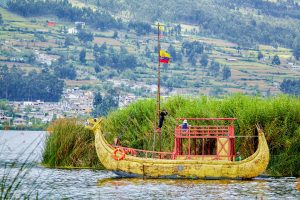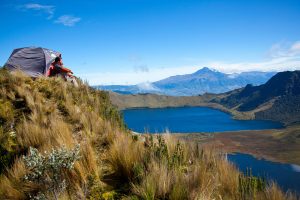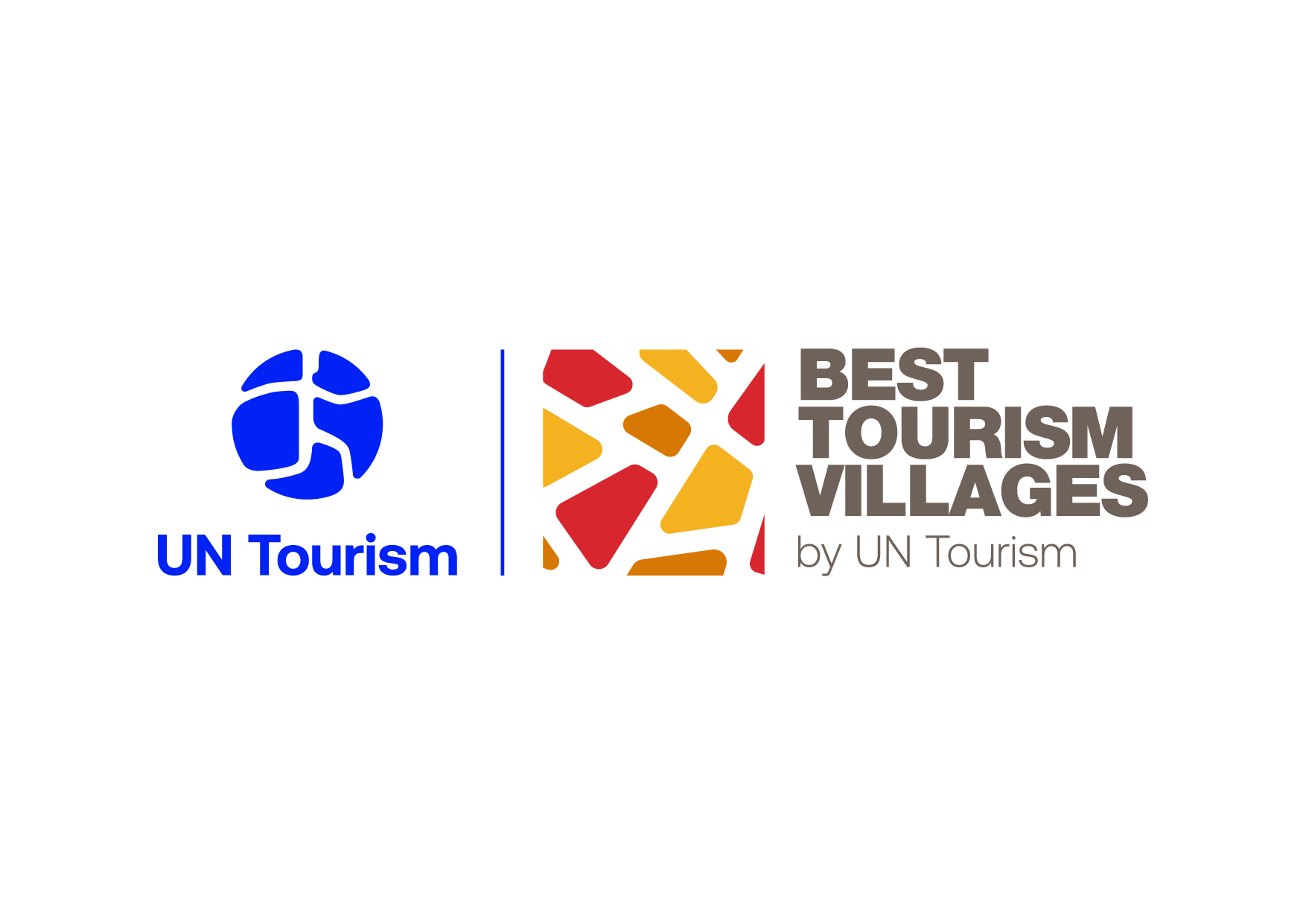San Rafael de la Laguna
ECUADOR
2024
Contact
San Rafael de la Laguna, Ecuador
sanrafaeldelalaguna.gob.ec
Nestled in the breathtaking foothills of the Andes, San Rafael de la Laguna is a charming parish located in the Otavalo Canton of Imbabura, Ecuador. Situated just 90 km from Quito and 7.5 km from Otavalo, this picturesque community boasts a population of 6,417 residents. With its rich cultural heritage, stunning natural landscapes, and commitment to sustainable tourism, San Rafael de la Laguna invites visitors to immerse themselves in its vibrant traditions and serene environment.
HIGHLIGHTS
-

Celebrating Ancestral Traditions
San Rafael de la Laguna is steeped in cultural heritage, celebrated through various traditional festivals and ceremonies such as Pawkar Raymi and Inty Raymi. These vibrant events showcase the community’s pride and connection to its indigenous roots. The parish is also known for its unique crafts, particularly those made from totora reeds, which have become iconic symbols of local artistry. Visitors can engage with the community through workshops, learning about traditional crafts while contributing to the preservation of these vital cultural practices.
-

Eco-Tourism Adventures Await
The region is home to stunning natural attractions, including the renowned Lago San Pablo, known as ImbaKucha, or “lake of the gods.” This geosite offers opportunities for eco-tourism, where visitors can explore its beauty via guided tours on totora boats, spotting local wildlife such as herons and ducks along the shores. The area also features cycling routes that connect the breathtaking landscapes of Cajas Otavalo, providing adventure seekers with ample opportunities to immerse themselves in the lush surroundings.
-

Artisanal Excellence
The artisans of San Rafael de la Laguna are dedicated to creating beautiful totora crafts that reflect their cultural identity. From decorative pieces to practical household items, these handcrafted goods highlight the community’s commitment to sustainability and economic growth. Workshops allow visitors to experience the craft-making process firsthand, fostering a deeper appreciation for local artistry while promoting responsible tourism that benefits the artisans and their families.

